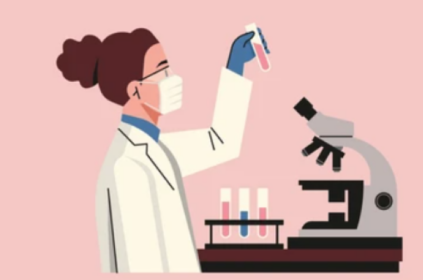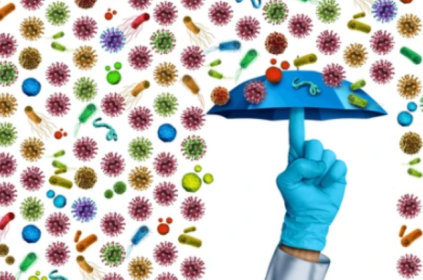The pharmaceutical company Bristol Myers Squibb recently announced that the US Food and Drug Administration (FDA) accepted the company’s supplemental Biologics License Application (sBLA) for the combination of nivolumab (marketed as Opdivo) and ipilimumab (marketed as Yervoy) as a possible first of the line treatment adults living with hepatocellular carcinoma that is considered unresectable, meaning that it can’t be safely and effectively treated with surgery. The goal date for this application is April of 2025.
Acceptance of the application was based on the results of a Phase 3 clinical trial, CheckMate-9DW. Hepatocellular carcinoma, which is the most common form of primary liver cancer, carries a poor prognosis and is often diagnosed too late for surgery to be useful. Survival rates are low and new therapeutic approaches are urgently needed. In the trial, the combination treatment was able to produce a significant improvement in overall survival in comparison to the investigator’s choice treatment, which was either sorafenib or lenvatinib. A total of 668 patients were involved in the trial.
Opdivo was first approved in 2014 and is classified as an inhibitor of the programmed death-1 (PD-1) immune checkpoint. This mechanism of action utilizes the patient’s own immune system to attack hepatocellular carcinoma and other cancer tumors.
Yervoy is a monoclonal antibody that binds to CTLA-4, cytotoxic T-lymphocyte-associated antigen-4. Blockading CTLA-4 enhances the proliferation and activation of immune system T-cells.
About Hepatocellular Carcinoma
Hepatocellular carcinoma is a type of liver cancer. Although generally considered rare, at least in developed countries, it is the most common type of cancer to originate in the liver in adults and is also the most common cause of death for people who develop cirrhosis. Risk factors are generally any condition that can lead to long term liver damage and cirrhosis, such as certain genetic disorders, chronic hepatitis, type 2 diabetes, nonalcoholic steatohepatitis, and severe alcohol abuse. The cancer is associated with common symptoms of liver dysfunction and damage, such as jaundice, fatigue, abdominal swelling, nausea and vomiting, bruising easily, abdominal pain, loss of appetite, and weight loss. Treatment may include kinase inhibitors, surgery, liver transplant, arterial catheters, and ablation. Survival rates are poor; cancer that cannot be removed with surgery is usually lethal within a year. To learn more about hepatocellular carcinoma, click here.
Editor’s Note: Get Involved
Cancer doesn’t discriminate. WHATNEXT and its partners are interested in amplifying the voices of those from all identities and backgrounds. If you have a cancer journey to share, reach out here to learn more about how your voice can help spread awareness and inspire individuals from all walks of life.
HCC hepatocellular carcinoma liver cancer news treatment unresectable HCC unresectable hepatocellular carcinoma
Last modified: September 12, 2024











